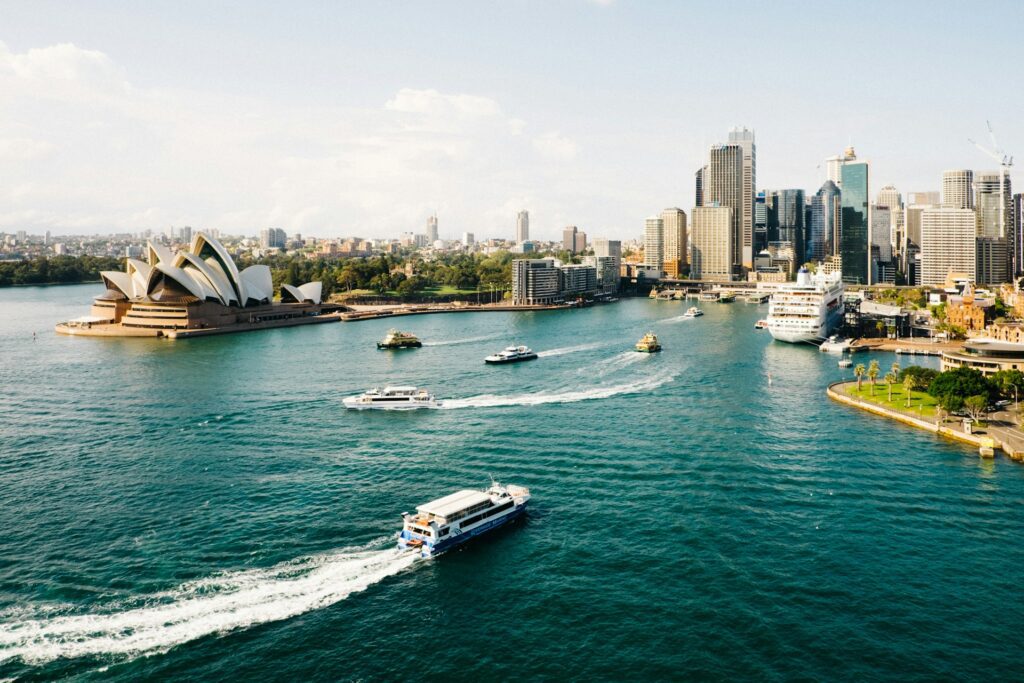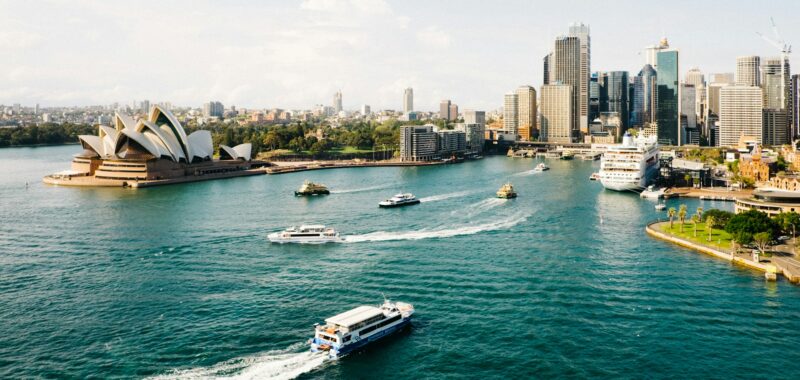
Skift Take
Turkish Airlines will land in Sydney for the first time in December, but this is just the warm-up act. Expect things to get really interesting once the company gets new planes capable of flying from Istanbul to Australia non-stop.
Turkish Airlines is doubling down its presence Down Under. In March, the carrier launched its first Australian service to Melbourne. Now, itâs confirmed Sydney will soon join the route map.
From December 4, Turkish will fly four times a week from its Istanbul hub to Sydney. Despite using the modern Airbus A350-900 on the route, the distance between the two cities is too great to operate non-stop. As a result, the aircraft will make a short stop in Kuala Lumpur before continuing its journey.
The layover strategy for Sydney mirrors the existing Melbourne route. Passengers flying to and from the Victorian capital currently make a scheduled stopover in Singapore.
A Non-Stop Future
Speaking on Thursday, Turkish Airlinesâ Chairman Ahmet Bolat revealed that Sydney rather than Melbourne would be the first to be served non-stop from Istanbul when aircraft technology allows: âSydney will be our first destination in Australia to have non-stop flights when we receive the aircraft capable of making the journey in a single leg,â he said.
If realized, this would be something of a back to the future moment for Turkish Airlines. In 2013, the company shared grand plans to fly non-stop from Istanbul to Sydney. The project never took off and it was more than a decade before the carrier served Australia in any capacity.
Australian flag carrier Qantas has even more ambitious plans to fly non-stop from Sydney to London and New York. Billed as ‘Project Sunrise’ by the company, the ultra-long haul flights are due to use a specially modified version of the A350-1000 and could be in the air by 2026. Qantas already flies non-stop from Perth in Western Australia to London, Paris, and Rome.
International Rivals Pile on the Pressure
Last December, the Australian Government approved more flights to and from Türkiye. The new permissions take the maximum number of weekly services from seven to 21 â and thatâs not all. From October, this figure rises to 28 a week and ultimately 35 by the end of 2025.
It isnât just Qantas thatâs facing extra competitive pressure from the new additions. Data from analytics company Cirium Diio shows Qatar Airways currently operates 42 weekly flights between Doha and Australia. The airline requested permission for up to 28 additional weekly services, however this was declined by Australian officials last year. The move was hugely controversial and sparked claims of protectionist behavior.
Elsewhere, Emirates flies 52 times a week to Australia. Notably, these services are operated in partnership with Qantas. UAE national airline Etihad Airways also flies once daily from Abu Dhabi to both Sydney and Melbourne. Chinese operators also offer competitive fares via the likes of Shanghai and Guangzhou.
The rise of the Middle Eastern âBig Threeâ carriers has seen traditional legacy routes weaken in recent years. British Airways is currently the only European airline to fly scheduled passenger services to Australia, and even that is only to Sydney via Singapore.
Turkish Airlines’ Seating Strategy
Speaking to Skift in July, Bolat shared the commercial decisions behind the carrierâs two-cabin approach. Unlike most of its major competitors, Turkish Airlines is resisting the temptation to install a premium economy cabin, even on its longest flights. This leaves it with just economy and business class sections.
âLook at the [Boeing] 787 â how many seats do you have? 270 in economy and 30 in business class. If you start another segmentation, the number of economy seats will become smaller. For us, thatâs a concern. Moving forward, our [widebody] network will mainly be Airbus A350s and Boeing 787s. With that fleet mix, we donât really see a value for premium economy,â Bolat said.
Turkish Airlines already has 450 planes, but itâs getting even more. Last year the company announced a blockbuster deal for hundreds of new aircraft, with deliveries due throughout the coming decade.
Airlines Sector Stock Index Performance Year-to-Date
What am I looking at? The performance of airline sector stocks within the ST200. The index includes companies publicly traded across global markets including network carriers, low-cost carriers, and other related companies.
The Skift Travel 200 (ST200) combines the financial performance of nearly 200 travel companies worth more than a trillion dollars into a single number. See more airlines sector financial performance.
Read the full methodology behind the Skift Travel 200.

